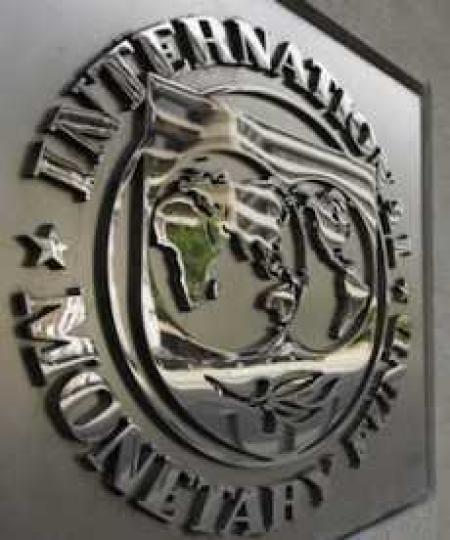A team from the International Monetary Fund (IMF) has announced conclusion of a third review meeting with the government of Ghana.
In a press statement copied to ghanabusinessnews.com, the IMF said a team led by Joël Toujas-Bernaté, visited Accra from August 29 to September 2, 2016 to continue discussions on the third review of Ghana’s financial and economic programme supported by the IMF’s Extended Credit Facility (ECF).
The IMF however, indicated that “Outstanding questions remain with regards to certain elements of the legislations recently passed by Parliament and discussions will continue.”
According to the statement, the team met with President John Dramani Mahama; Finance Minister. Seth Terkper; Bank of Ghana Governor, Dr. Abdul-Nashiri Issahaku; and other senior officials
“Following recent progress in implementing the IMF-supported programme, including the passing by Parliament of several important legislations, we had constructive discussions with the authorities during this week on a few outstanding issues. The discussions focused mainly on updating the macroeconomic projections, firming up the fiscal outlook for 2016, and ascertaining that financial pressures faced by the main State Owned Enterprises in the energy sector will not pose additional risks to the central government budget,” the statement said.
Adding that, “Understandings were reached on many of these issues. Outstanding questions remain with regards to certain elements of the legislations recently passed by Parliament and discussions will continue.”
Ghana recently passed the Petroleum Revenue Management Act and amended the Bank of Ghana Act 612.
The Fund would not say what the exact outstanding questions were.
However, Ghana passed the Bank of Ghana Amendment Bill in July. The law is said to significantly strengthen the Central Bank’s functional autonomy, governance and ability to respond to banking sector crises.
The Bill, the government argued seeks to plug the loopholes identified in Act 612, following an examination of current international trends and what pertains in other jurisdiction.
Parliament passed the Petroleum Revenue Management (Amendment) Bill, 2015 into law in July.
The Bill is to address irregularities and operational challenges in the management of revenue from the oil and gas sector.
The object of the Bill was to amend the Petroleum Revenue Management Act, 2011 (Act 815) to provide for the allocation of funds to the Ghana Infrastructure Investment Fund for the purposes of infrastructure development and to provide for the composition of the Investment Advisory Committee and formulated matters.
Act 815 was enacted to provide a framework for the collection, allocation and management of petroleum revenue in a responsible, transparent, accountable and sustainable manner for the benefit of the citizens of Ghana in accordance with the 1992 Constitution.
However, according to a GNA report, the implementation of Act 815 exposed some inconsistencies and typographical errors that needed to be rectified, hence, the amendment to conform to the intendment of the drafters.
Section 48 of Act 815 as amended in the Bill requires the Minister of Finance to present a report to Parliament, describing the stage of implementation of the programmed activities funded by the expenditure incurred on the activities, covered by the Annual Budget Funding Amount, and to indicate the portion of the Annual Budget Funding Amount allocated to the Ghana Infrastructure Investment Fund.
To read the full piece from , click here.

